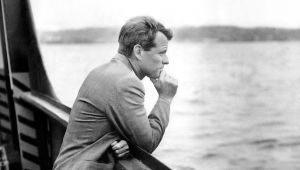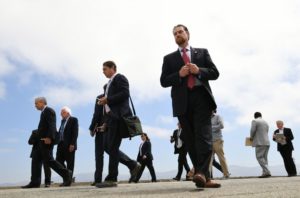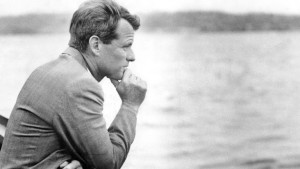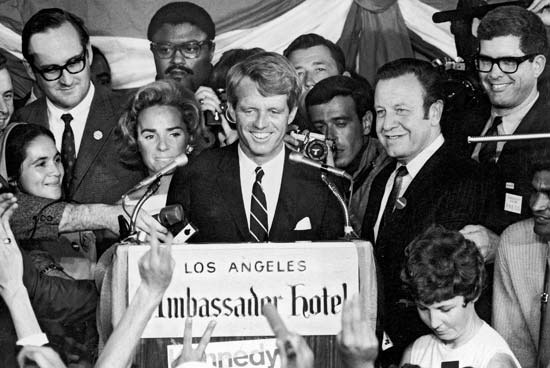I watched Donald Trump’s State of the Union speech Tuesday night.
Then I listened to some of the analysis of it. A few minutes later, I listened with equal intensity to the Democratic Party’s designated respondent to the president’s speech. A young member of Congress, Joseph P. Kennedy III, D-Mass., offered the response.
I listened to Rep. Kennedy with more than just a touch of wistfulness. The young man is the grandson of my first political idol. You’ve heard of him, too: Robert F. Kennedy.
I wrote once about an astonishing Bobby Kennedy Moment that occurred in my life. Here is what I wrote in June 2015:
https://highplainsblogger.com/2015/06/a-bullet-changed-history-47-year-ago-today/
I have shared with you over the years I’ve written this blog about the astonishing array of public figures whose paths crossed with mine.
My brief encounter with Robert Kennedy ranks at the very top of the long list of distinguished individuals I’ve had the honor of meeting.
Get this, though: My meeting with RFK occurred one year after my graduation from high school. It happened on the eve of a 1968 presidential primary election in my home state of Oregon.
I had no possible idea in that moment that my political idol would die one week later after he scored the biggest political victory of his life. RFK had won the California Democratic primary. He thanked his supporters and then said, “On to Chicago and let’s win there.”
He never got to his party’s nominating convention in Chicago. He walked through a kitchen pantry in Los Angeles and was gunned down by Sirhan B. Sirhan.
When I saw the young man deliver his party’s response to the president’s speech last night, I only could imagine how proud he would have made the grandfather he never knew.
At least Joe Kennedy knows of the impact his grandpa had on millions of Americans — such as yours truly — who came of political age in the most turbulent of times.



